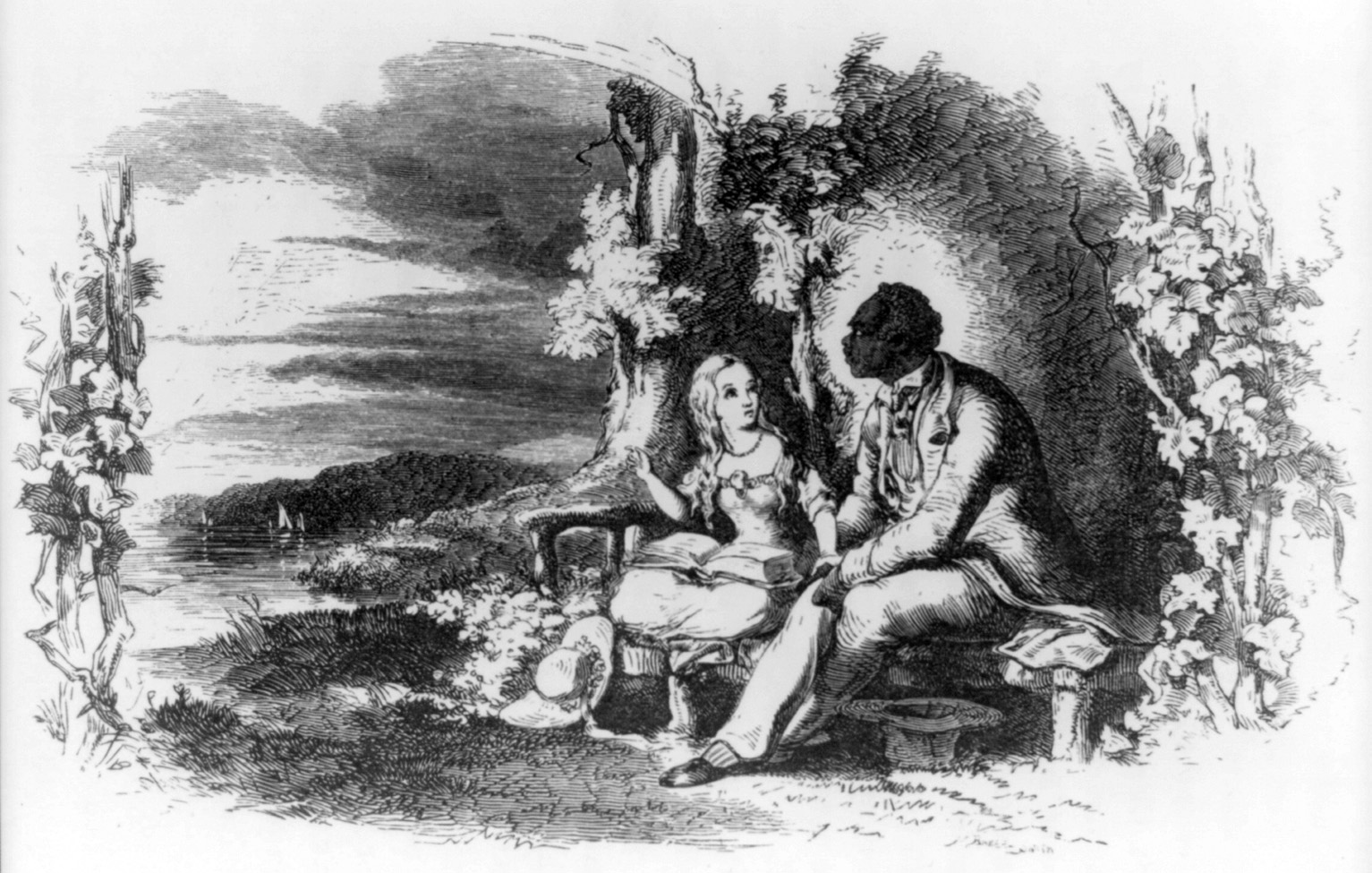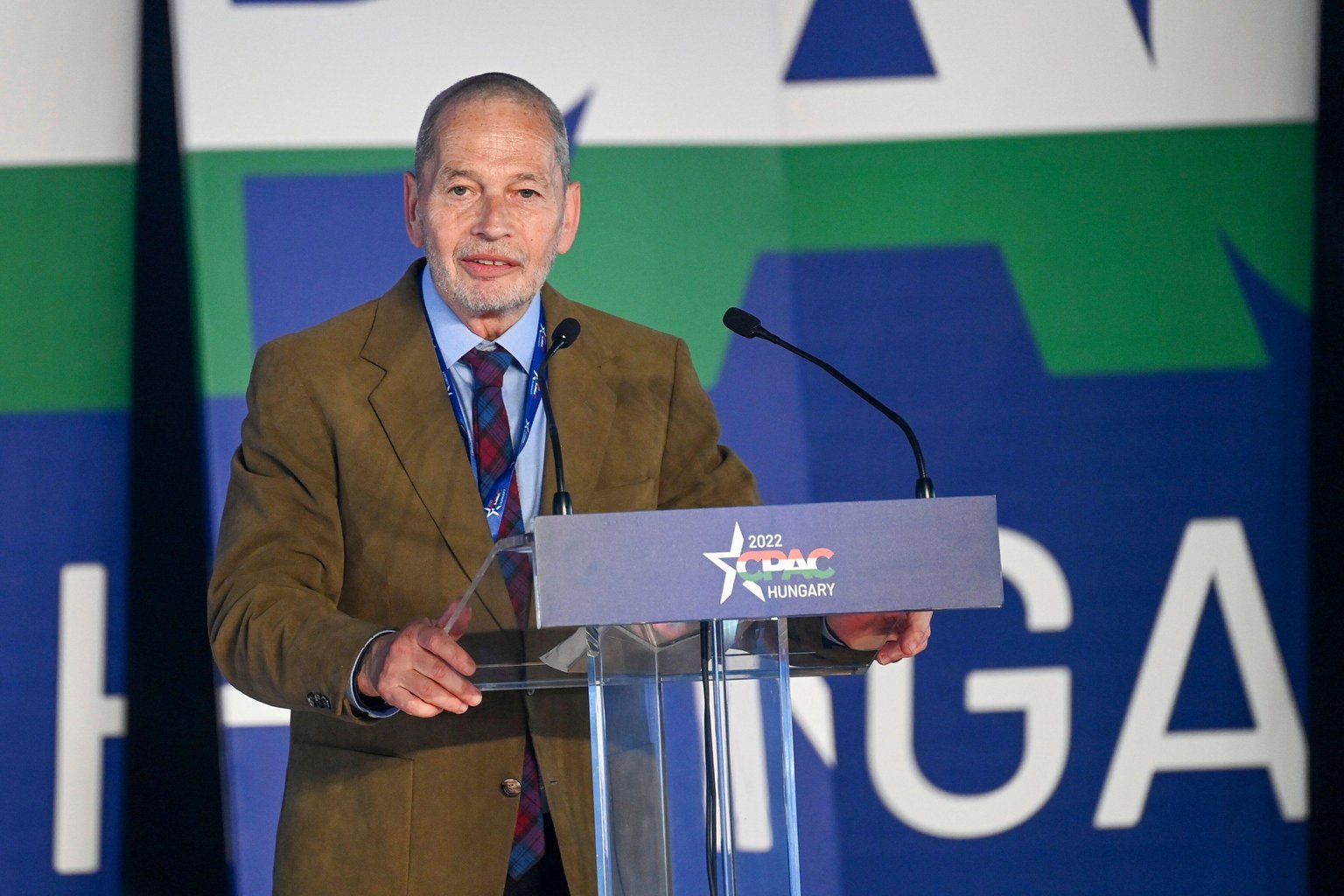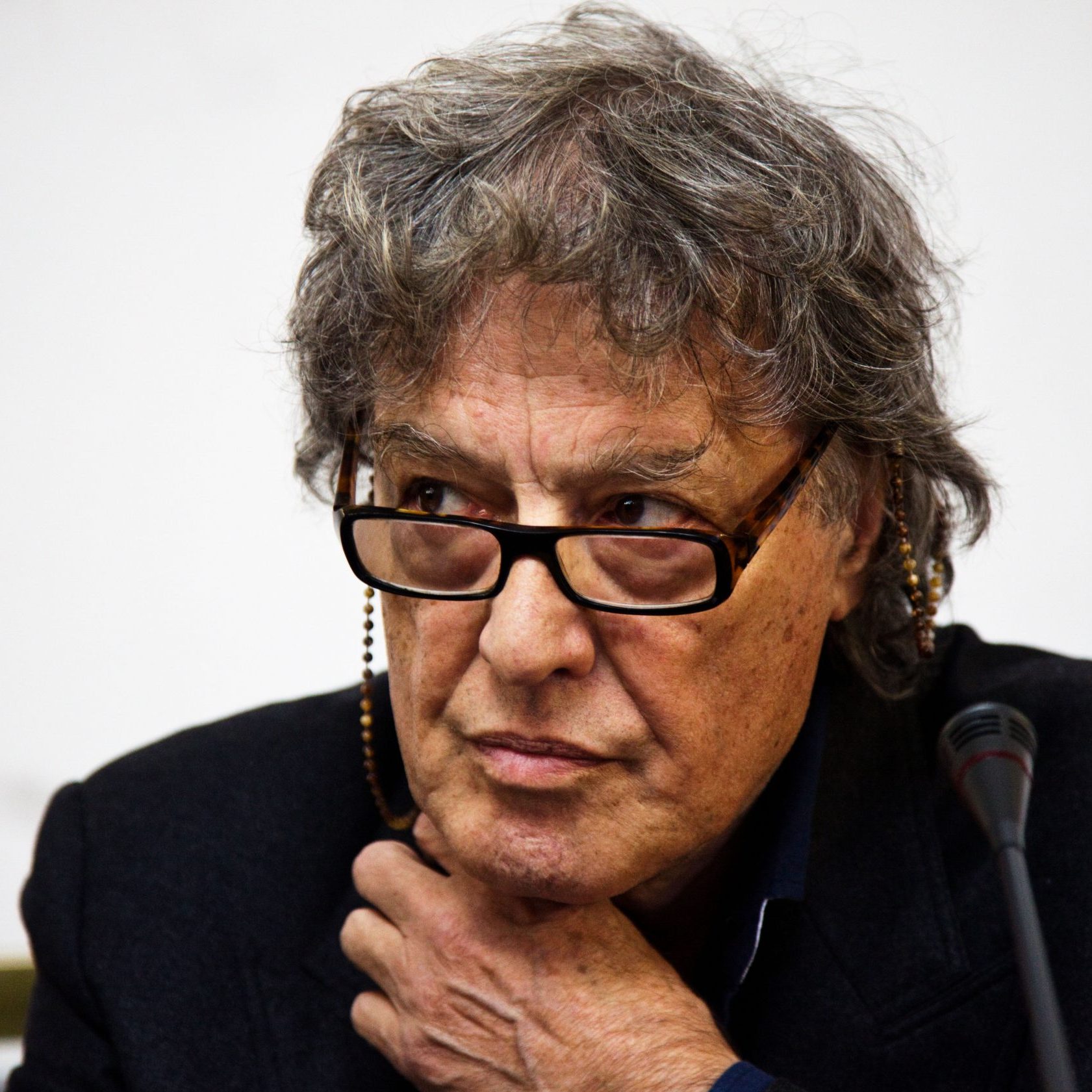Formal Invocation to the Reader:
Dear (Mysterious) Reader, Whoever You May Be:
Whether near or far, whether in the present or the future or even – in your spirit form – in the past,
Whether old or young, or in the middle of your life,
Whether male or female, or located somewhere along the continuum that joins these two supposed polarities,
Of whatever religion, or none; of whatever political opinion, or nothing much definite;
Whether tall or short, whether luxuriously-haired or balding; whether well or ill; whether a golfer or a canoeist, or a soccer fan, or the player or devotee of any number of other sports and pastimes;
Whether a writer yourself, or a lover of reading, or a student forced into reluctant readership by the necessities of the educational system;
Whether reading on paper or electronically, in the bathtub, on a train, in a library, school, or prison, under a beach umbrella, in a cafe, on a rooftop garden, under the covers with a flashlight, or in a myriad other manners and possible locations; It is you whom we writers address, always, in your unknown singularity. Oh Reader, live forever! (You – the individual reader – won’t live forever, but it’s fun to say, and it sounds good):
We writers cannot imagine you; yet we must,
For without you, the activity of writing is surely meaningless and without destination,
And therefore it is by its very nature an act of hope, since writing implies a future in which the freedom to read will exist:
We conjure and invoke you, Mysterious Reader; and Lo: You exist! The proof of your existence is that you have just read about that existence of yours, right here.
There. That’s what we’re talking about: the fact that I could write these words, and that you, via the go-between of paper or screen, can read them.
Which is by no means a foregone conclusion: for this is the very process that all governments and many other groups – religious, political, pressure lobbies of all shades and varieties, you name it – would like to harness, control, censor, bowdlerise, twist to their own purposes, exile, or extirpate. The extent to which they can implement this desire is one of the measures on the graduated line that extends from liberal democracy to locked-down dictatorship.
The publication of this special commemorative issue of Index on Censorship is a noteworthy occasion – and it is an important one, for often PEN and Index on Censorship have been the chief witnesses and recording angels of the erasures of books, as well as other acts against our shared writing-and-reading activity – the murders of journalists, the closing down of newspapers and publishing houses, the trials of novelists.
Neither organisation wields any power apart from the power of the word: what is sometimes called ‘moral suasion’. Thus both organisations can exist only in societies that allow a fairly free circulation of words. I say ‘fairly free’, for there has never been a society that sets no limit at all on what can legally be made public, or ‘published’. A country in which anyone could say anything he or she chose would be one without any legal recourse for the slandered or traduced. ‘Bearing false witnesses’ is probably at least as old as language, and no doubt so are the prohibitions against it.
But a brief history of censorship would by no means be brief. Cast your mind over the various laws, past and present, here and there, against hate speech, child pornography, blasphemy, obscenity, treason, and so forth, all of which come with the best of justifications – preserving public order, protecting the innocent, enhancing religious toleration and/or orthodoxy, and so forth, and you’ll see there’s been no end of effort. It’s the balance between forbidden and permitted, however, that is one of the litmus tests of an open democracy in progress. Like the coloured water in a tube barometer, this balance is in constant flux.
In honour of this special Index on Censorship issue, I’ve been asked to write some words about ‘the writer as political agent’. This is a little difficult for me to do, because I don’t believe that writers necessarily are political agents. Political footballs, yes; but ‘political agent’ implies a deliberately chosen act that is primarily political in nature, and this is not how all writers work. Instead, many writers stand in relation to politics as the small child does to the Emperor with No Clothes: they remark on the man’s nakedness not to be bratty or disruptive, but because they just can’t see any clothes. Then they wonder why people are yelling at them. It can be a dangerous kind of naivety, but it’s common. No one was more surprised than Salman Rushdie by the fatwa issued against him for The Satanic Verses: here he thought he was putting immigrant Muslims on the literary map!
There are of course many different kinds of writers. Journalists and non-fiction authors frequently write deliberately as political agents – that is, they want to further a specific end, often by making known facts that are inconvenient to those with power. It’s frequently these kinds of writers who are gunned down in the street, like so many Mexican journalists, or assassinated where they live, like the crusading Russian reporter Anna Politkovskaya, or have air-to-surface missiles lobbed at them, like the al Jazeera broadcasters during the American invasion of Baghdad. Such deaths are intended to shutdown dissent, both by silencing individuals and by sending a message to any others who might feel the temptation to get mouthy.
Government crackdowns on the media have now been circumvented to some extent by the internet. You can take the guts out of the investigative journalists, both figuratively and literally, but so far no one has been able to completely suppress the human urge that’s at least as old as the Book of Job: the need to tell. Catastrophes strike Job’s family members, one after the other; but each of them produces its messenger, who says: ‘I only am escaped alone to tell thee.’ The urge to tell is balanced by the urge to know. We want the story, we want the true story, we want the whole story. We want to know how bad things are, and whether they might affect us; but also we want to make up our own minds. For if we don’t know the truth of a matter, how can we have any valid opinions about it?
True or not true: these are the primary categories that we apply to reporting journalism and political non-fiction. But I am primarily a fiction writer and a poet, so it’s the suppression of these kinds of writing that concerns me the most. What we expect from journalists is accuracy, but the ‘truths’ of fiction and poetry are other. Let’s just say that if you can’t make a novel plausible in its detail, engaging in its language, and/or compelling in the story it is telling, you will lose the Mysterious Reader.
Novelists, poets and playwrights have had varying stated intentions over the years: the re-enactment of a society’s core myths, the flattering of the aristocracy, the holding of a mirror up to Nature so that we might see our own natures in it. During and after the Romantic era it became a truism that the ‘duty’ of a writer was to write in opposition to whoever was in power, as such incumbents were assumed to be corrupt and oppressive; or to expose abuses, as in Charles Dickens’s take on the kill-a-boy Dotheboys Hall schools of his time; or to tell the stories of the oppressed and marginalised, as in Les Miserables, an approach that has subsequently launched millions of novelistic ships; or to champion a cause, as Uncle Tom’s Cabin did for abolition.
But this is very far from saying that novelists and poets have to write with such intentions. To judge novels on the justness of their causes or the ‘rightness’ of their ‘politics’ is to fall into the very same kind of thinking that leads to censorship.
Many is the revolution that has ended by eating its writerly young, as their once-acceptable productions are pronounced heretical by the victors in the inevitable power struggles. As a red-diaper friend of mine said recently of her parents’ communist group: ‘They were always so hard on the writers.’
For revolutionaries, reactionaries, the religiously orthodox, or simply the passionate adherents of any cause whatsoever, the writing of fiction and poetry is not only suspect but secondary – writing is a tool to be employed in the service of the cause, and if either the work or its author doesn’t toe the line of the moment, or worse, goes directly against it, the author must be denounced as a parasite, ostracised, or disposed of, as Federico Garcia Lorca was by the fascists in Spain – shot without trial, then dumped into an unmarked grave.
But for the fiction and poetry writer, the writing itself – the craft and the art – is primary, whatever other impulses or influences may be in play. The mark of a society approaching freedom is the space allowed to the far-ranging human imagination and to the unfettered human voice. There’s no shortage of folks standing ready to tell the writer how and what to write. Many are those who feel impelled to sit on panels and discuss the ‘role of the writer’ or the ‘duty of the writer’, as if writing itself is a frivolous pursuit, of no value apart from whatever external roles and duties can be cooked up for it: extolling the fatherland, fostering world peace, improving the position of women, and so forth.
That writing may involve itself in such issues is self-evident, but to say that it must is sinister. ‘Must’ breaks the bond between the writer, such as me, and you yourself, Mysterious Reader: for in whom can you place your readerly trust if not in me, the voice speaking to you from the page or screen, right now? And if I allow this voice to be turned into the dutiful, role-fulfilling sock puppet of some group, even a worthy one, how can you place any faith in it whatsoever?
Both Index on Censorship and PEN defend the word ‘may’ in this connection, and oppose the word ‘must’. They defend the open space in which writers may use their own voices freely, and readers may then read freely. Thus I was happy to write something for them; though it may not be exactly what they had in mind.






